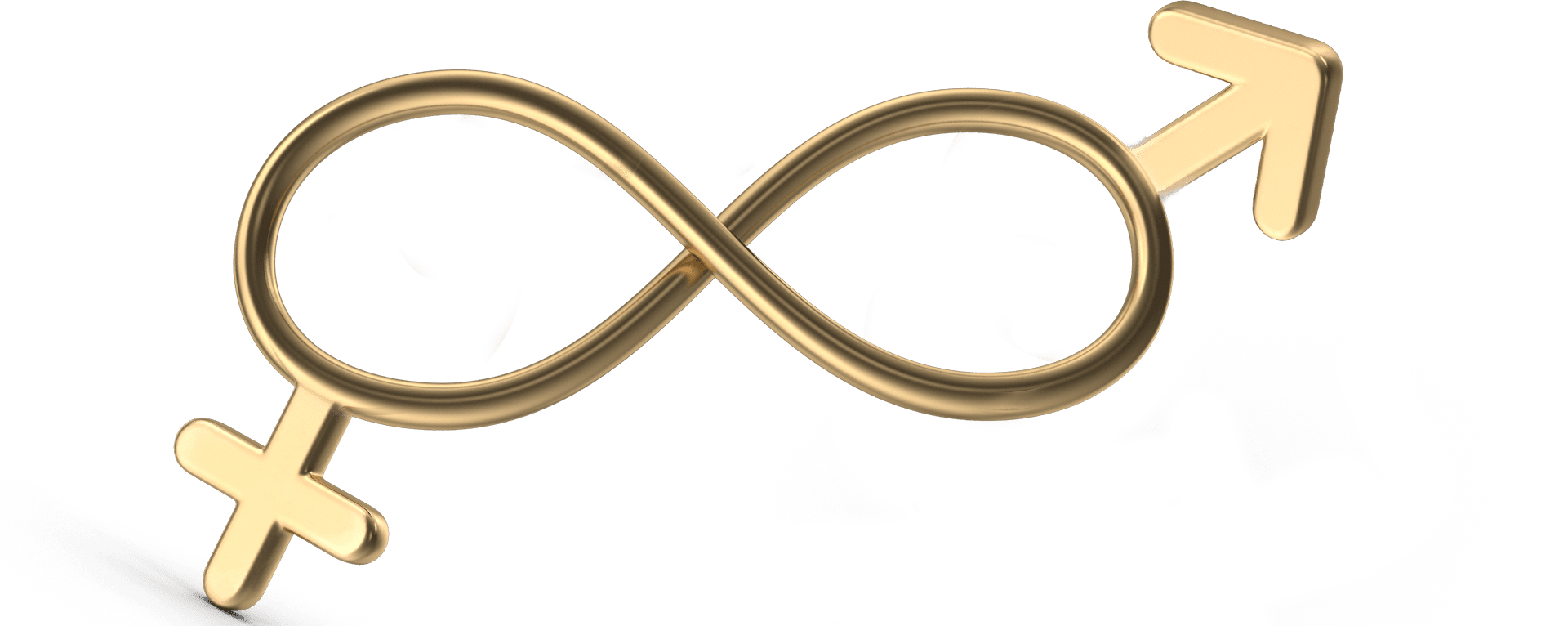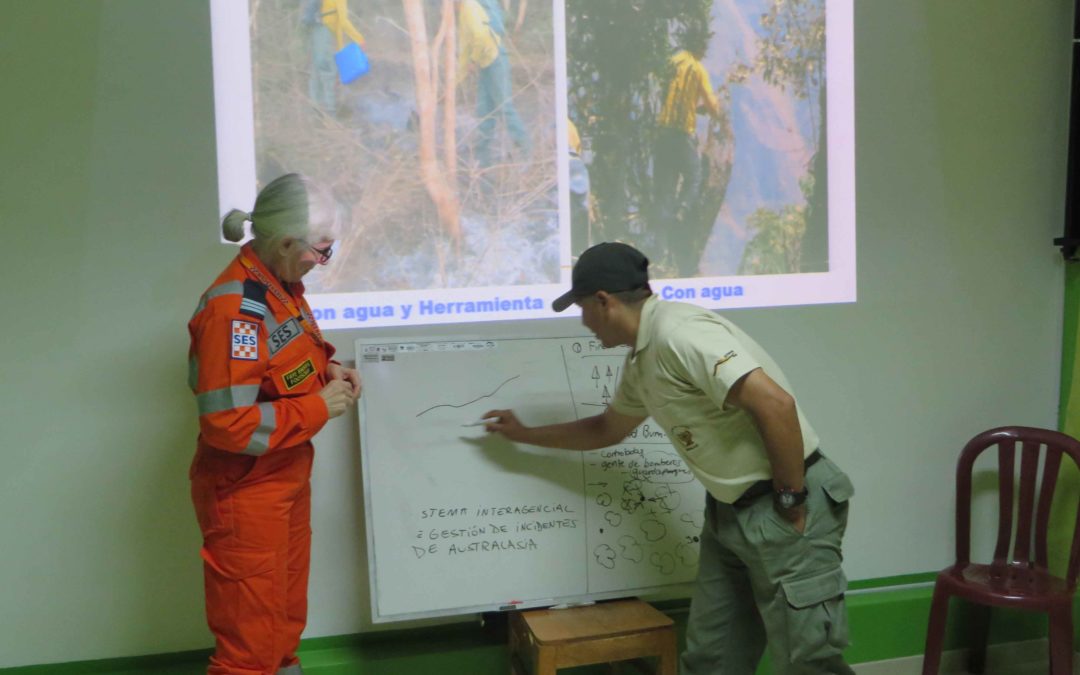Meet Dr Faye Bendrups, currently Vice Chair of National SES Volunteers Association. She is well known for her work to increase diversity and improve the workplace culture of the SES. As an emergency services frontline responder for over 17 years, she has served in multiple leadership roles and is proud to have supported numerous women into leadership roles at all levels. Her advice to women considering joining the emergency services is, “You can’t make the change if you are not in the room.”
Many would consider the SES a male-dominated organisation based on a hierarchical military structure. Today that is changing. Dr Bendrups says, “I have advocated for and strengthened the input of women and others from diverse backgrounds.”
It all starts with recruitment where they aim is to have a gender balance across the total force. A key initiative to enable this has been the presence of women on interviewing panels and showcasing them as roles models. Another is the emphasis on providing training to everyone, regardless of their gender. These days, no one is excluded for not having skills so both men and women who do not know how to use a chainsaw or drive a truck are trained to do exactly that.
Once engaged, all recruits are offered training opportunities in a safe and supported environment. Mentors are provided and all recruits are supported to succeed. For example, one young woman recently completed her Cert. 4 in Leadership and was encouraged to lead her unit. She had excelled as a self-starter and always delivered yet did not see her own potential. Through mentoring, she was encouraged to step up. Eventually, she became confident earning the respect of her team as a good leader. In her day job, she has embraced leadership too and her training in the SES was integral in giving her the confidence to go for a promotion interstate. She got that job and continues to progress her career. She is now leading multiple statewide divisions.

Dr Faye Bendrups meeting with General Murgueytio, Chief of Civil Defence, Peru
Dr Bendrups has been a truly inspirational leader. She is one of only a few women nationwide to be trained as an Operations Officer, a Safety Officer, and a Base Camp Manager for bushfire response operations. For her service during the 2019-2020 bushfires, she received the National Emergency Medal.
A particularly influential and controversial project she developed was a survey on Culture and Conduct in the SES. This revealed hundreds of cases of bullying, sexual harassment, coercive control, and other discriminatory behaviours. It led to a complete renovation of SES systems and a determination by the whole organisation to commit to organisational change, greater diversity, and an overhaul of cultural practices.
Being in the SES is not easy as it requires a time commitment of training one night every week as well as time on call. This is particularly challenging for single parents. One unit decided to overcome this hurdle to provide childcare. Whilst getting this approved wasn’t easy, they are proud to be able to provide this opportunity to single parents.
The benefits of inclusiveness were evident to Dr Bendrups when she was the recipient of an Emergency Services Foundation research grant and was seconded to the National Institute of Civil Defence, Lima, Peru. Peru suffers from 400 earthquakes a year and they have developed a unique approach to emergency response. Four times a year, the entire nation stops to participate in a drill. So when the alarm goes off to indicate the drill, everything stops (schools, businesses, even the cars driving along the roads) so everyone can get to their appropriate station. Bendrups found it an amazing experience as she realised emergencies are everyone’s problem and everyone has a part to play.
She has learnt from this experience and is looking to collaborate with councils to establish a series of community action plans in Australia. She recently cited the flood problems we had in Melbourne with the Maribyrnong River overflowing and flooding various homes and businesses as one typical situation in which the community could have played a bigger part. Although she quickly points out, she is not suggesting they all become SES volunteers. What she saw in Peru was the community doing simple, achievable tasks that freed up the emergency workers to concentrate on the complex and critical activities.
Today the SES promotes inclusiveness across the board including race, sexuality, and gender. A sign of this culture of tolerance and trust is that several gay and lesbian recruits have felt comfortable to “come out” with their teams. It is this confidence and trust that builds the team cohesion leading to better outcomes when under the pressure of an emergency situation.
To see the other finalists go to https://genderequityawards.com.au/

